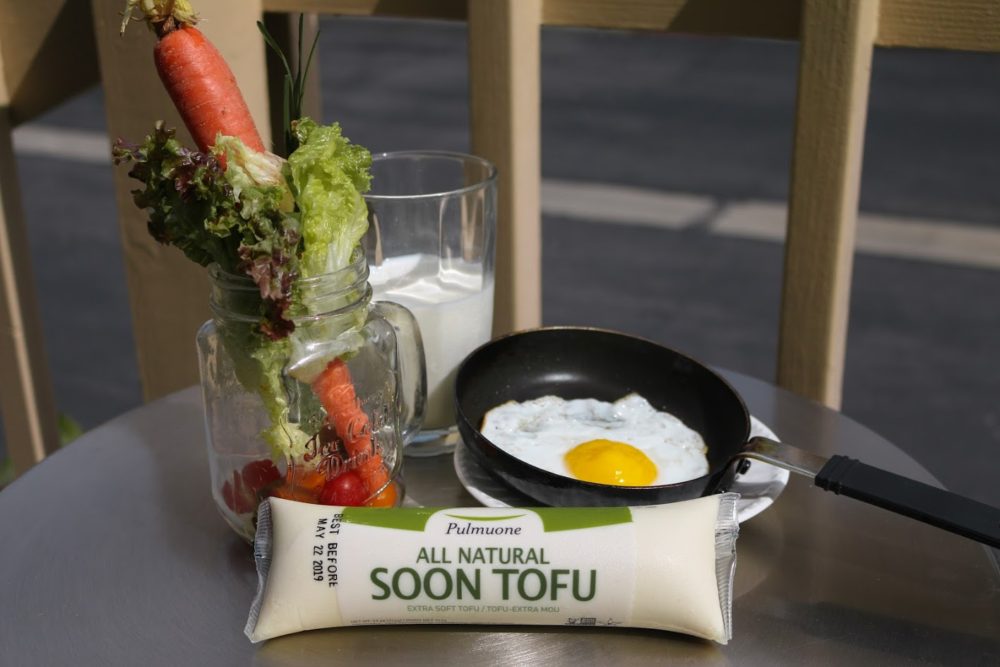
By Jessica Nguyen, Staff Writer
Juices explode in your mouth as your teeth bite down on that soft piece of meat. While it tastes good, the ugly consequences that ooze out might make you reconsider being a meat-eater.
To start off, there are several types of vegetarians:
- Vegans or total vegetarians do not eat any animal products including meat, poultry, fish, eggs, dairy or gelatin.
- Lacto-ovo vegetarians do not eat meat, poultry or fish but can eat eggs and dairy products.
- Lacto-vegetarians do not eat meat, poultry, fish or eggs but can eat dairy products.
- Ovo-vegetarians do not eat meat, poultry, fish or dairy products, but do eat eggs.
- Partial vegetarians do not eat meat but eat fish (pesco-vegetarians, pescatarian) or poultry (pollo-vegetarian).
For any type of vegetarian, their diet wards off diseases and is actually more healthier than the average diet. It prevents, treats or even reverses heart disease. Vegetarians have a 24 percent lower chance of dying from heart disease. Being vegetarian even reduces the risk of developing cancer because red meat or processed meat can lead to increased risk of colorectal (colon) cancer; it is one of the most effective ways to slow down or stop coronary artery disease completely. Vegetarians are healthier because they consume less animal fat, saturated fat and cholesterol but more fiber, plant nutrients and antioxidant rich produce.
Following a vegetarian diet also helps you maintain your weight. Vegetarians have a lower body mass index than non-vegetarians from their fiber-rich and low-energy foods according to the Oxford Vegetarian Study.
If you are looking for a way to live longer, become vegetarian! Vegetarians live six years longer than meat eaters according to a 12-year Oxford study. Fibers, phytonutrients, antioxidants, vitamins and minerals that are found in vegetarian diets strengthen the immune system and helps maintain your health. Meat contains many contaminants including hormones, herbicides, pesticides, and antibiotics that are concentrated in the fatty flesh of animals along with viruses, bacteria and parasites, which can additionally be harmful to your body.
Maybe you don’t want to be vegetarian for yourself but what about the rest of the world? Livestocks, like cows, actually make more greenhouse gases than every car in the world combined according to the United Nations. Cows produce a large amount of methane and manure generates carbon dioxide and nitrous oxide gases.
Every 3.6 seconds one person dies of starvation. Usually it is a child under the age of 5 but being vegetarian can help end world hunger. 40% of grain production is fed to livestock and even 70% in richer countries. If this food was given to humans instead of animals, 4 billion people could be fed rather than the 795 million starving every day.
Plus, think of all the animals’ lives that you are saving. Just like your dog or cat, these animals that you are eating are the same as your pets: they can think, play, etc.
Not to mention, there are actually so many delicious vegetarian meals along with meat alternatives.
Even if you can’t force yourself to give up meat completely, try eating meats that come from farms that treat their animals right.
So the next time that you see that piece of steak in the market, maybe you should just walk by and thank yourself for helping yourself and the world.





